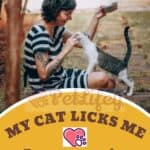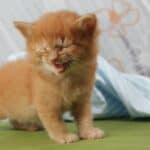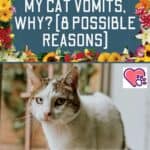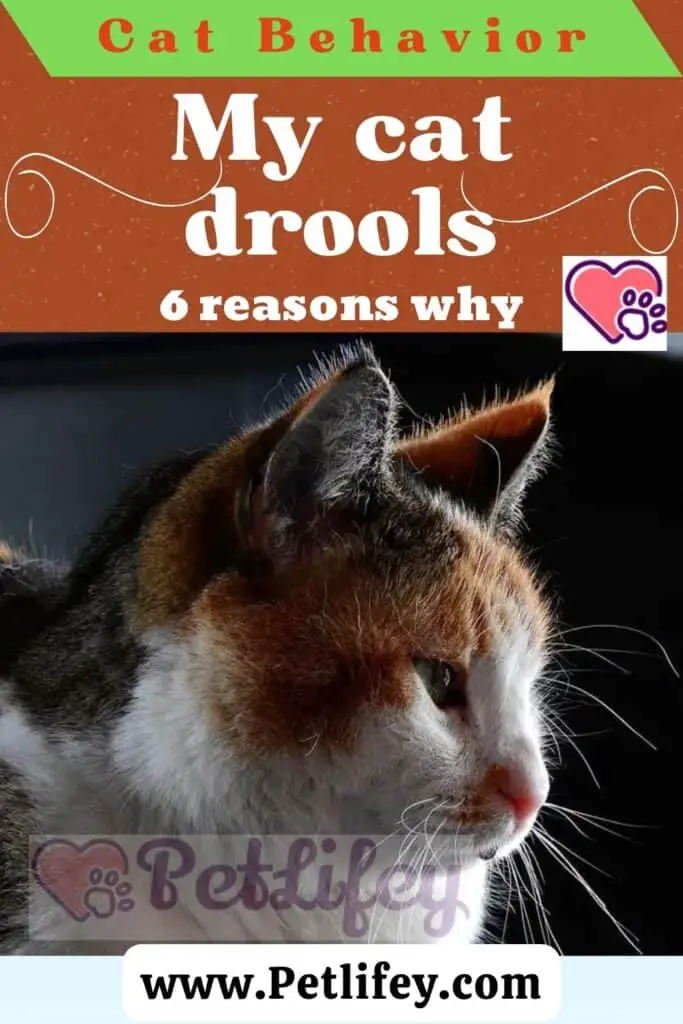
Unlike dogs, cats are not known to be big droolers. However, it can happen that they start to salivate more or less excessively, for several reasons.
1. It is happy
If your cat drools when you pet it, when you play with it, or when it knows you’re going to feed it, it’s simply because it’s happy. It’s called drooling and it’s completely normal behavior. However, this salivation should not be excessive either. Otherwise, an emergency consultation with the veterinarian is essential.
2. It is stressed
A cat can start drooling when faced with a situation that worries it, such as a car trip, a visit to the vet, construction noises or a move, for example. In this case, a few drops will appear at the level of their mouth.
3. It is nauseous
The urge to vomit can cause your cat to drool. Nausea is often accompanied by more or less strong coughing. These coughs cause an easily recognizable noise. If your cat is often nauseous, there is cause for concern. Indeed, it’s not just hairballs that can cause this need to vomit. Many illnesses, more or less serious, have the urge to vomit as their main symptom.
4. It is sick
Some diseases, especially oral or neurological diseases, have hypersalivation as a symptom. To make an accurate diagnosis, visit your veterinarian.
5. It doesn’t like what it ate
If your cat has tasted a food that it can’t stand the taste of, it may try to salivate to get rid of it. In this case, the salivation occurs just after it has had access to food. If it suddenly starts drooling for no reason, get them to a vet right away.
6. It poisoned itself
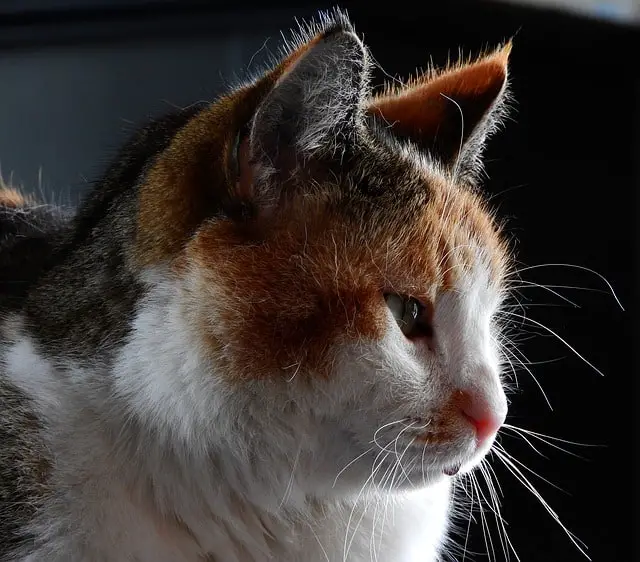
The ingestion of a toxic product or plant, as well as the venomous bites of certain insects (such as processionary caterpillars), have the effect of making cats salivate. Vomiting, diarrhea, coughing, difficulty breathing, or convulsions are also signs of poisoning or intoxication. In this case, go to the veterinarian, the poisoning could be fatal to your cat.


